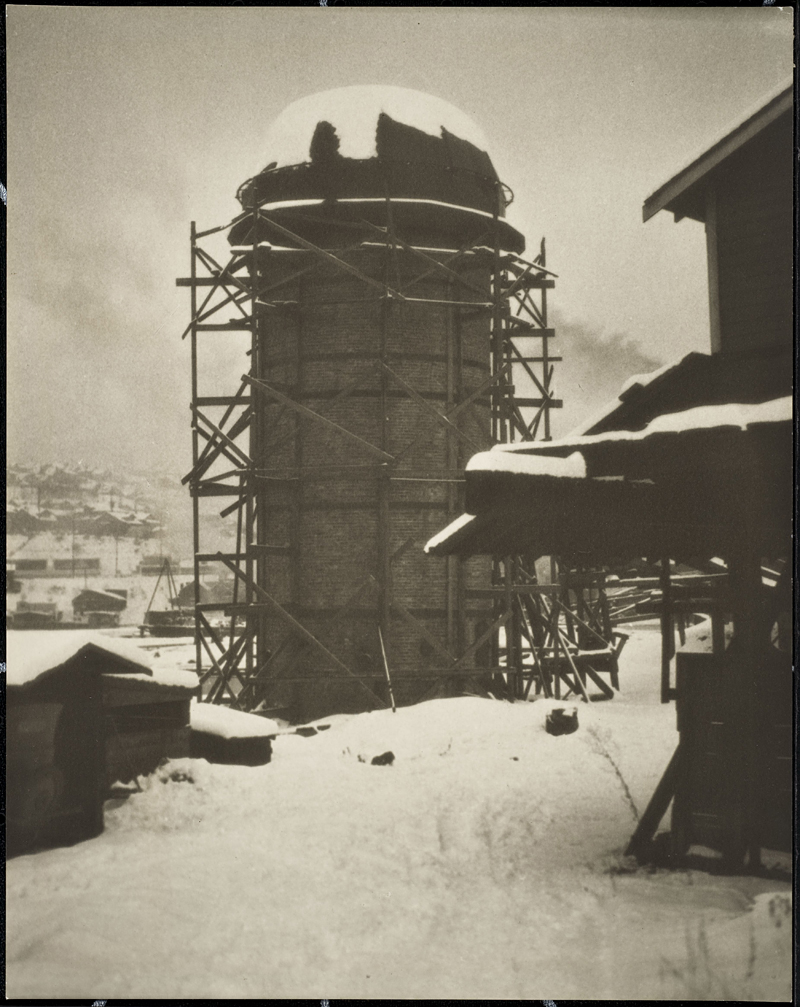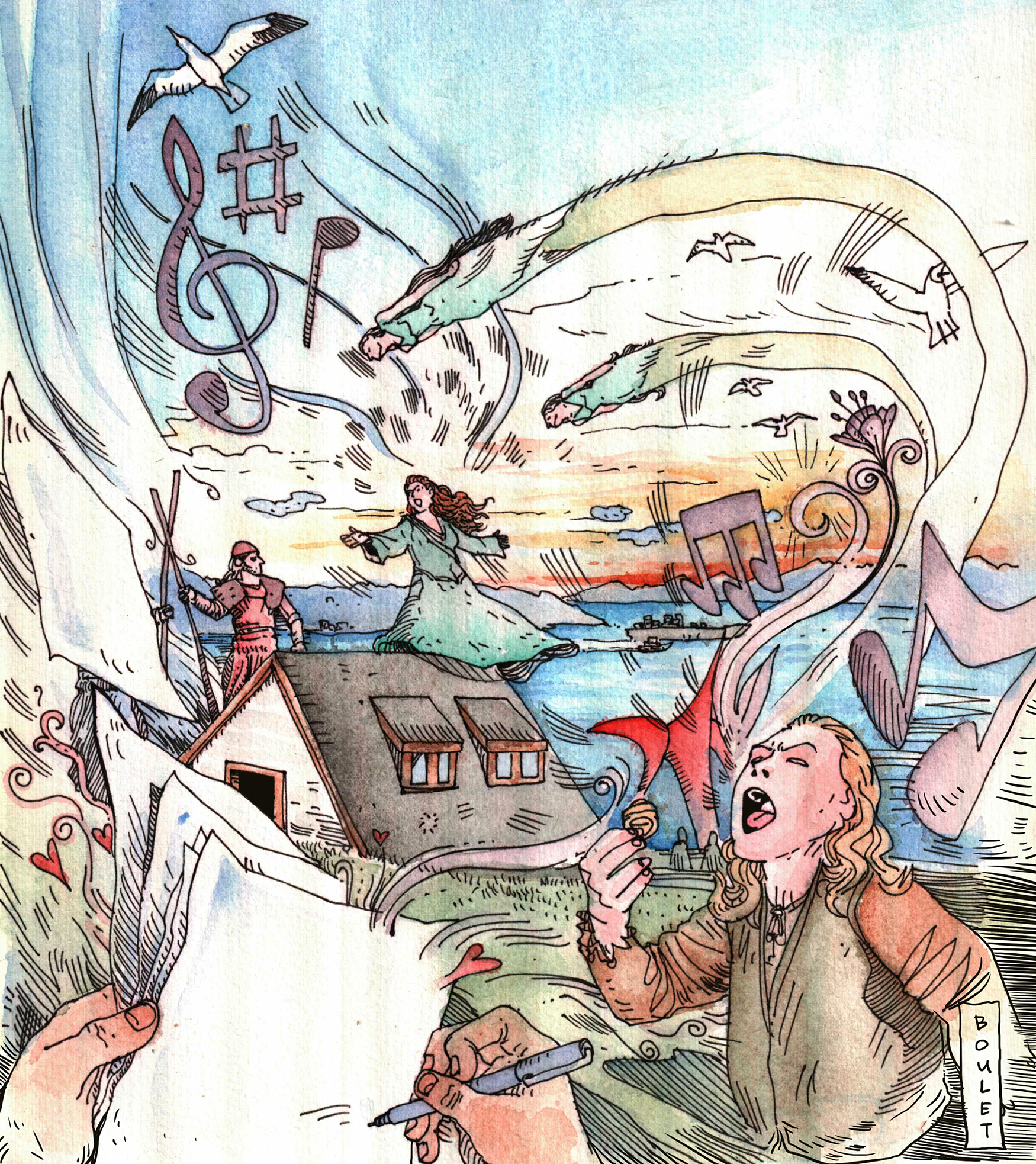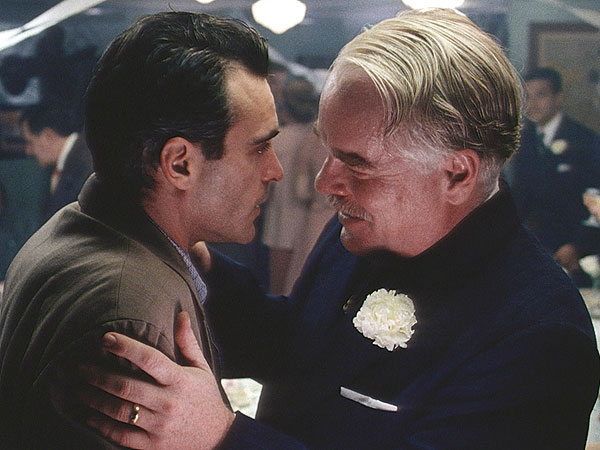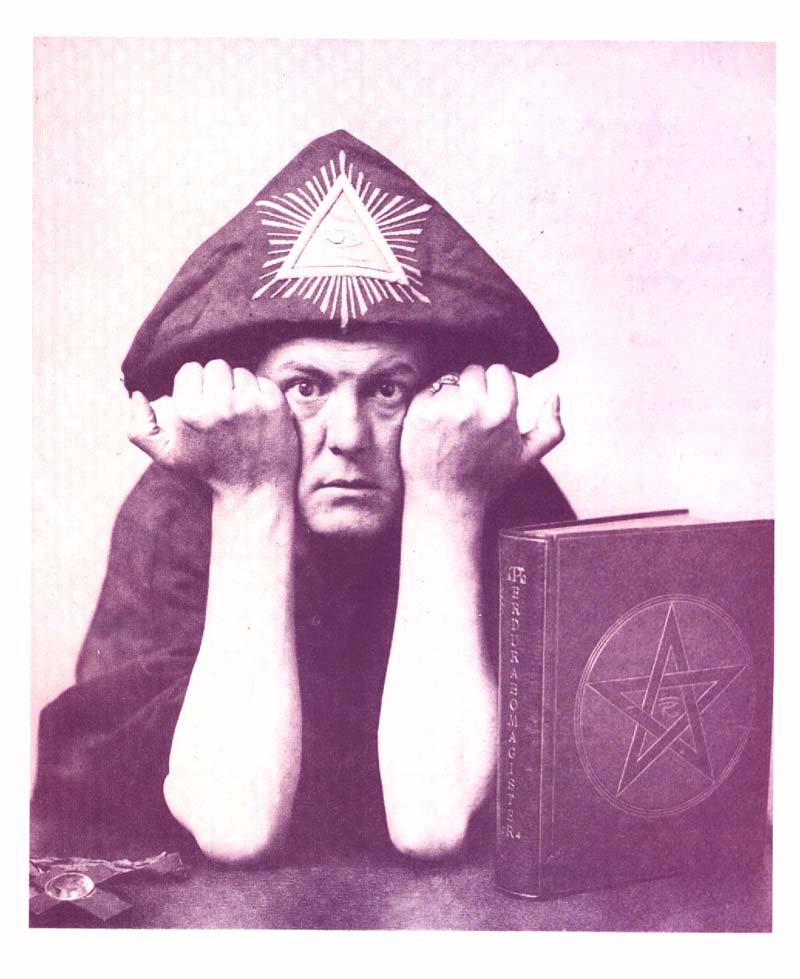THURSDAY 2/24
Photography: Soft and Focused
Popular photography was new in the 1920s, and the medium was only gradually feeling its way to a status separate from other visual arts. For amateurs in the Seattle Camera Club, founded in 1924, there was nothing wrong with pretty scenes “in the style of,” since the new technology itself was sufficiently cutting-edge. The large, lovely survey of images in Shadows of a Fleeting World: Pictorial Photography and Seattle Camera Club includes familiar views of Mt. Rainier, Pioneer Square, and the boats and reeds of Lake Washington. Before, only professionals like Edward S. Curtis had the gear to capture such shots; or you would pose for them in the studio. But the predominantly Japanese-American members of the SCC freely experimented in the field by copying a little bit of everything. There are traces of traditional Japanese woodblocks, Greek friezes, landscape painting, and the emerging avant-garde, too. Not everything is pictorialist: There’s a documentary impulse to some labor scenes, and a few SCC members (e.g., Virna Haffer) push into surrealism and abstraction. Perhaps most charming are the small seasonal greeting cards that SCC members sent to one another: photos adorned with neat calligraphy in smart art-deco scripts, both handmade and newfangled. The hours of darkroom labor took longer than the lettering. And the SCC’s world was indeed fleeting: It ended with World War II and the illegal internment of Japanese-Americans, and its work was left to slumber in the archives. (Through May 8.) Henry Art Gallery, 4100 15th Ave. N.E., 543-2280, henryart.org. $6–$10. 11 a.m.–9 p.m. BRIAN MILLER
Dance: Paleo-Ballet
Everyone’s hot for genealogy now, so why not check out the ancestors of ballet? Baroque dance is the link between the social dances of the French and Italian courts (think Louis XIV) and the sleek athletes we see bounding across the stage today. Seattle Early Dance and Baroque Northwest are collaborating on a fully produced version of Henry Purcell’s baroque opera The Indian Queen, where curling gestures and precise steps match ornamented vocals and filigreed orchestration. The complex interrelationships among head, hands, and feet are best seen close-up, so this chamber-sized production will be a real gem. (Through Sat.) Chapel Performance Space (Good Shepherd Center), 4649 Sunnyside Ave. N., 325-7066, earlymusicguild.org. $10–$25. 7:30 p.m. SANDRA KURTZ
FRIDAY 2/25
Comedy: Podcasts and Second Chances
“A year and a half ago I was fucking suicidal,” says comedian Marc Maron. “I had nothing, and I had no prospects.” During that nadir, he took his problems to the mike in his Los Angeles garage—beginning a series of podcasts about his career and life worries, and those of comedy peers like Robin Williams, in the acclaimed interview show WTF With Marc Maron (wtfpod.com). “It came out of complete desperation,” he says. Before, the veteran comic explains by phone, he wasn’t exactly a stranger to the Web: “I’m into all social media. I’m compulsively on Twitter. It’s bordering on an addiction. If you don’t extend your narcissism out into the ether, and directly connect with the people who are interested in what you’re doing, you might as well be in outer space. It’s an adaptation one has to make.” What he didn’t foresee was how the show’s intimate, confessional tone would change his stage act—more empathy and less pop-cultural and political jokes, he says, more concern for our shared “existential struggle.” Citing the book The Tyranny of E-mail, Maron explains, “I view what I’m doing as human experience. I always wanted to connect with people. I think what’s happening on the podcast, even though I’m using this technology, is something very human that we’re losing.” Another benefit: The podcast is bringing new fans to Maron’s live shows who hadn’t ever seen him perform stand-up. He chuckles, “The number of people who’ve never heard of me is actually reassuring.” (Through Sat.) Laughs Comedy Spot, 12099 124th Ave. N.E. (Kirkland), 425-823-6306, laughscomedy.com. $20. 8 p.m. BRIAN MILLER
SATURDAY 2/26
Film: Cold War Keepsake
The 1964 Dr. Strangelove is now closer to the onset of the Cold War (the 1948 Berlin blockade) than we are today to its 1989 demise, when the Berlin Wall came down. The antic black comedy by Stanley Kubrick, co-written with Terry Southern, is a keepsake from an age when nuclear annihilation threatened to arrive each day with the morning papers. (LBJ’s nuclear-countdown “Daisy” ad is from the same year.) Potential armageddon was just another daily fact of life. Today, 47 years later, no one worries about a rogue American general (cue Sterling Hayden) commandeering some A-bombs. And Putin’s Russia only cares about wealth, not kilotons and megadeaths. All our modern worries come from small, smeared spots on the map—not like the majestic, high-tech clarity of the B-52 paths charted in Kubrick’s war room. With Peter Sellers playing three roles in the film, Dr. Strangelove reads almost like a farce from the dinosaur age: Were the planes really that big? Did we really employ former Nazis? Were women just playthings? And were we really that insane? The answer on all counts is yes. (Through Wed.) Central Cinema, 1411 21st Ave., 686-6684, central-cinema.com. $6. 7 and 9:30 p.m. BRIAN MILLER
SUNDAY 2/27
Oscar Parties: No Heels Required
Who says Seattle can’t get fancy? For the sixth year running, Three Dollar Bill Cinema and the Gay City Health Project are throwing the city’s biggest Oscar party. The show will be projected on the big screen; hors d’oeuvres, popcorn, and soda will be noshed; and yes, there will be a red carpet (one that you can dress for without fear of Joan Rivers picking on you, though you can watch her on E!). My questions for this year’s telecast: Will Tilda Swinton again resemble an androgynous alien? Will anyone wear a dress made out of a swan or credit cards? Will Miley Cyrus somehow find a way to get invited? And when Natalie Portman presumably receives her Black Swan Oscar, can she not mention her sex life in her acceptance speech or laugh that awful laugh? Ticket proceeds benefit the hosts, and there are prizes, too! Top draw in the raffle is a six-night stay in Cabo San Lucas; runner-up prizes include staycations at hotels here in town. Cinerama, 2100 Fourth Ave., 441-3080, threedollarbillcinema.org. $25–$50. 4:30 p.m. ERIN K. THOMPSON
TUESDAY 3/1
Books: Invasive Species
Up here in the Northwest, we take it as a matter of green faith that salmon habitat should be restored, dams removed, and our embarrassing past environmental mistakes—think of the milfoil in Lake Washington—rectified. That same urge drives the characters in T. C. Boyle‘s new novel When the Killing’s Done (Viking, $26.95), with the islands off Santa Barbara, Calif., being the contested ground of their idealism. Pristine before man arrived, this ecosystem is compromised with rats and feral pigs. But what kind of Eden should be restored? In one camp, Boyle places a biologist with deep family connections to the islands (events hopscotch from 1946 to the present decade); she’s a woman of science who believes invasive species should be eradicated. That amounts to the unethical killing of animals in the estimation of her opponents, who are led by a bipolar, dreadlocked white guy in his 40s, a home-electronics mogul who still can’t give up his morning eggs. Around them is a human ecosystem of supporters, traitors, and family—most with past history on the islands. Everyone has his or her notion of perfection for the islands: as they were, as they are, as they’re remembered. And every one of these flawed people—call them invasive species, if you will—is granted dignity in Boyle’s expansive, generous storytelling. All strive for what the biologist experiences as “the pulse of something bigger, as if all things animate were beating in unison.” When the Killing’s Done is a novel about the battle to define that harmony. Seattle Central Library, 1000 Fourth Ave., 386-4636, spl.org. Free. 7 p.m. BRIAN MILLER








